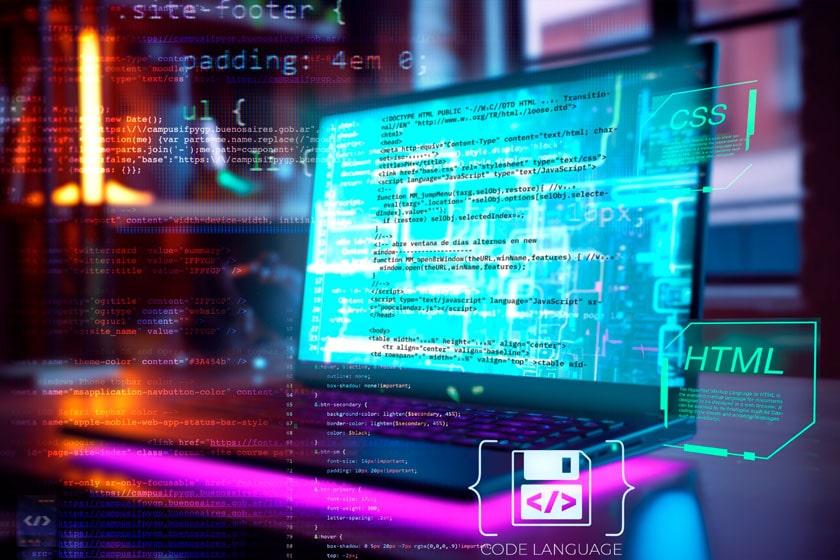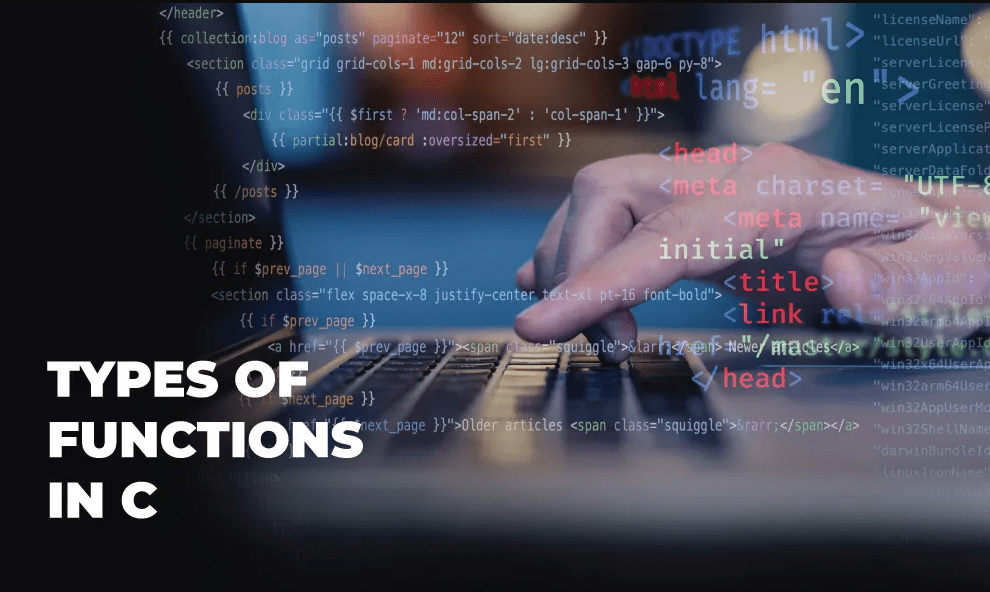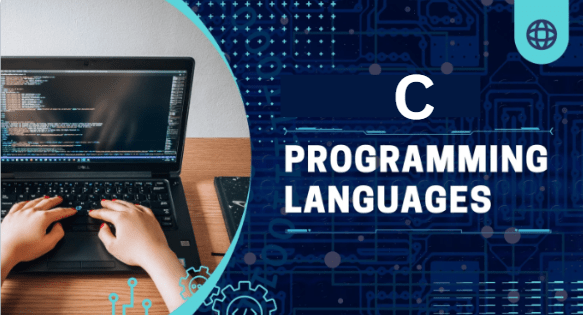C language is single of the maximum common programming languages. It is great, resourceful, and useful. From operating systems to entrenched systems, C has shaped modern computing. Let’s dive into what makes C such an essential programming language.
Introduction to C Language
C was produced in the 1970s through Dennis Ritchie. It was calculated for system programming and inscription operating systems. Over time, it became widely adopted in various fields.
Why is C so important? It offers a hard basis for knowledge other languages. Many current programming languages like C++, Java, and Python are subjective by C.

Why is C Language So Important?
C is important for several reasons:
- Foundation for Learning Other Languages: C provides a solid foundation for learning other programming languages.
- Portability: Programs printed in C can run on changed types of hardware with marginal modification.
- Efficiency: C is known for its presentation, creation it suitable for system-level programming.
- Low-level Access: C allows direct access to memory, which is useful in writing operating systems, drivers, and other critical software.
Key Features of the C Language
- Simple and Efficient: C code is relatively easy to write, and programs execute quickly.
- Structured Programming: C supports structured programming principles, such as functions and control flow (loops, conditionals).
- Portability: C code can be run on various platforms with minimal changes.
- Low-level Memory Access: C provides direct access to memory, which is crucial for writing system-level applications.
- Rich Standard Library: C includes a powerful set of standard libraries to simplify development.
Why Should You Learn C Language?
Here are some compelling reasons to learn C:
- Foundation for Other Languages: Mastering C makes it easier to learn languages like C++, Java, and Python.
- Sharpen Problem-Solving Skills: C challenges you to think logically and solve problems efficiently.
- Career Opportunities: C remains vital in fields like embedded systems, game development, and operating systems, opening up numerous job opportunities.
Overview of C Language: A Quick Reference
| Aspect | Details |
| Creator | Dennis Ritchie |
| Year Developed | 1972 |
| Primary Purpose | System programming and developing operating systems |
| Main Features | Efficiency, portability, structured programming, low-level memory access |
| Applications | Operating systems (Linux, Windows), embedded systems, game development, compilers |
| Syntax | Structured and organized |
| Standard | ANSI C (American National Standards Institute C) |
| Common Libraries | stdio.h, conio.h, stdlib.h, string.h, math.h |
| Future Projections | Continued use in system-level programming, teaching, and high-performance computing |
Key Concepts in C Language
To master C, it’s important to understand its core concepts.
1. Data Types and Variables
C offers several data types:
- Info: Stores integer values (whole numbers).
- Float: Stores floating-point numbers (decimals).
- Chart: Stores individual characters.
Variables are used to collection data values in a package.
2. Control Structures
Control structures determine the flow of a program. Some key examples include:
- If-else Statements: Used for conditional execution of code blocks.
- Loops:
- For loop
- While loop
- Do-while loop
3. Functions
Functions agree us to divide a program into minor, manageable, and reusable portions of code. For example:
c
Copy code
#include <stdio.h>
void greet() {
printf(“Hello, World!\n”);
}
int main() {
greet(); // Call the function to print the message
return 0;
}

4. Pointers and Memory Management
C allows the use of pointers to directly manipulate memory. This provides powerful capabilities for dynamic memory allocation and resource management, but also introduces challenges related to manual memory management.
Common Applications of C Language
C is used in various fields due to its versatility.
- Operating Systems: Core components of Linux and Windows are written in C.
- Embedded Systems: C is ideal for programming microcontrollers.
- Games: Many game engines rely on C for performance.
- Compilers: C is used to progress compilers for extra languages.
Advantages and Disadvantages of C Language
Advantages
- High Performance: C offers excellent execution speed and system-level resource access.
- Portability: C programs can be compiled and run on different hardware platforms with minimal changes.
- Memory Access: C provides low-level memory management capabilities, creation it ideal for system indoctrination.
Disadvantages
- Lacks Object-Oriented Programming (OOP): C does not natively sustenance OOP notions like classes and objects, which are common in current programming argots.
- Manual Memory Management: C involves manual managing of memory (using malloc, free), which can central to errors like recollection leaks.
- No Garbage Collection: Unlike present languages like Python and Java, C lacks automatic memory managing, which cans escalation the likelihood of bugs and presentation issues.
Frequently Asked Questions (FAQ)
What are the highest features of C?
C is simple, portable, and efficient. It supports structured programming and low-level memory access. Its types create it perfect for system programming. Additionally, it provides a rich standard library.
How is C different from other languages?
C stands out for its haste, portability, and low-level recollection manipulation. Unlike higher-level languages like Python or Java, C allows direct controller over system possessions, which creates it ideal for performance-critical applications.
What are some real-world uses of C?
Some major applications of C include:
- Operating systems (Linux, Windows)
- Embedded systems (microcontroller programming)
- Game development (high-performance engines)
- Developing compilers and interpreters
How can I start learning C?
To begin learning C, follow these steps:
- Install a C Compiler: Download and install a C compiler similar GCC (GNU Compiler Assortment).
- Learn the Basics: Study C’s composition, data types, and controller constructions.
- Write Simple Programs: Start writing basic programs using functions, loops, and conditionals.
- Explore Advanced Topics: Learn about file handling, pointers, and data structures as you progress.
With repetition and commitment, you’ll soon gain adeptness in C.
Conclusion
C language remains a cornerstone of programming. From its robust features to its practical applications, C provides a foundation for solving complex problems.
To sum up, C is more than just a language—it’s a tool to enhance your skills. By mastering it, you build a strong base for understanding advanced languages.

Good luck